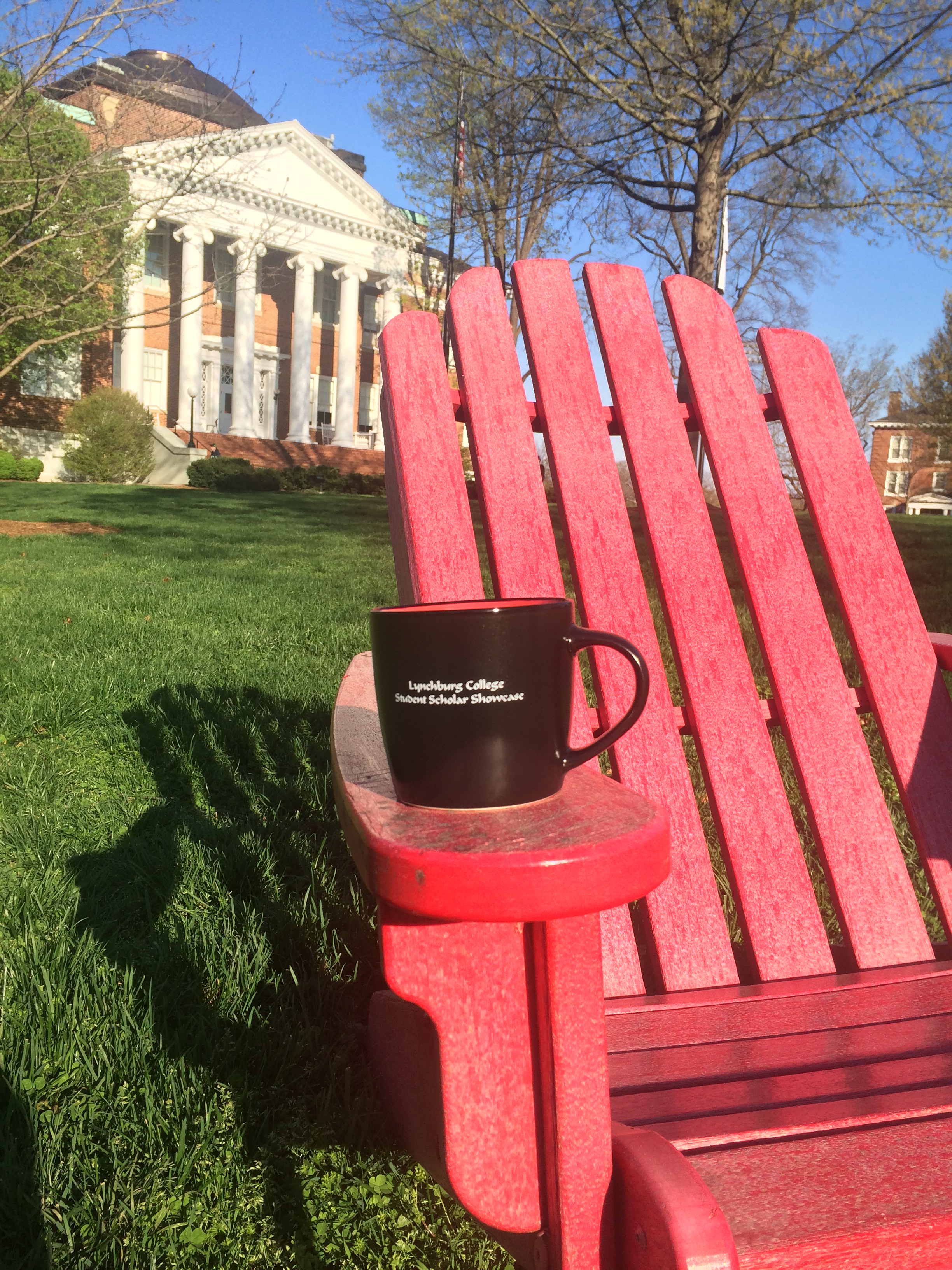
Self-perception and Photography Research
Access Type
Campus Access Only
Entry Number
56
Start Date
4-5-2017 12:00 PM
End Date
4-5-2017 1:00 PM
Department
Psychology
Abstract
Have you ever wondered why you feel comfortable looking at yourself in a mirror and not as comfortable in a photograph? The purpose of this research was to determine whether or not there is a relationship between photograph orientation and self-perception. By determining participants’ self-perception of their mirror appearances, the researcher aimed to investigate if mirror-image photographs are more likely to be perceived as more attractive and are more likely to be shared on social media sites than unchanged images. In this study, volunteer participants observed themselves in a mirror for one minute, answered a survey, had their picture taken, observed the picture for one minute, answered another survey, observed a changed (horizontally flipped) picture for one minute, and answered a final survey. The surveys were created by the researcher to assess self-perception. For each survey, the participants based their responses on the most recent observation made. The researcher hypothesized that participants would prefer the horizontally inverted images of themselves, due to the familiarity with viewing their reflection in the mirror.
Keywords: self-perception, image, photography
Primary Faculty Mentor(s)
Dr. Virginia Cylke
Self-perception and Photography Research
Have you ever wondered why you feel comfortable looking at yourself in a mirror and not as comfortable in a photograph? The purpose of this research was to determine whether or not there is a relationship between photograph orientation and self-perception. By determining participants’ self-perception of their mirror appearances, the researcher aimed to investigate if mirror-image photographs are more likely to be perceived as more attractive and are more likely to be shared on social media sites than unchanged images. In this study, volunteer participants observed themselves in a mirror for one minute, answered a survey, had their picture taken, observed the picture for one minute, answered another survey, observed a changed (horizontally flipped) picture for one minute, and answered a final survey. The surveys were created by the researcher to assess self-perception. For each survey, the participants based their responses on the most recent observation made. The researcher hypothesized that participants would prefer the horizontally inverted images of themselves, due to the familiarity with viewing their reflection in the mirror.
Keywords: self-perception, image, photography

